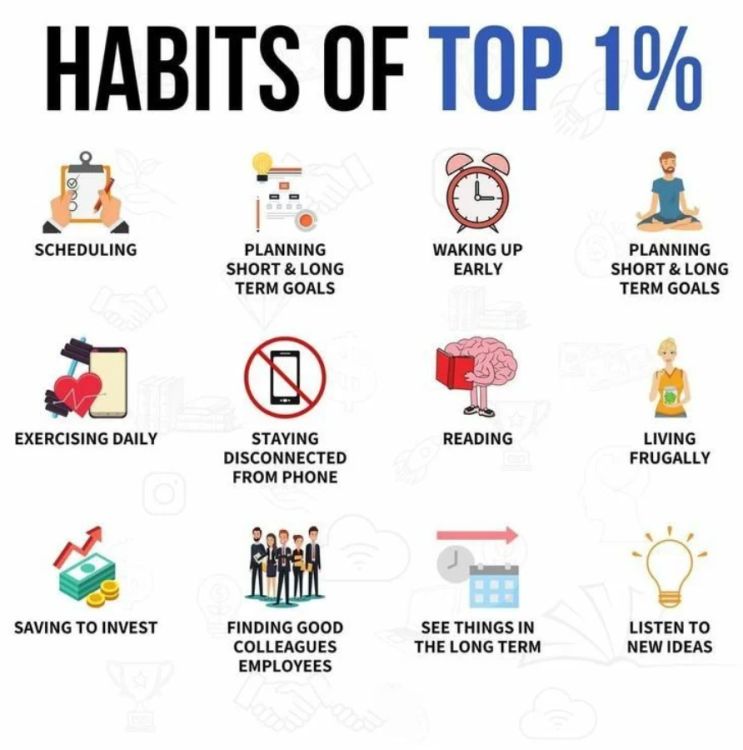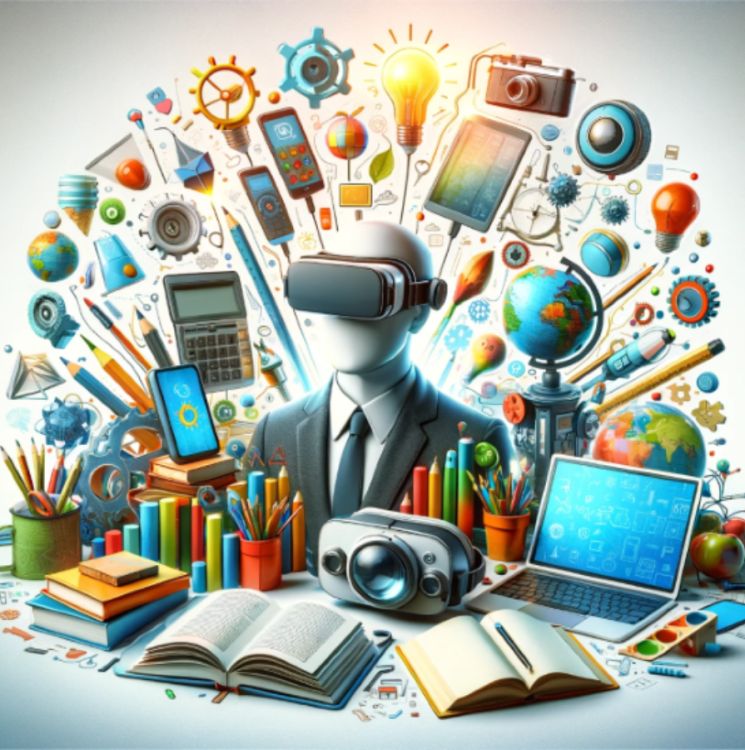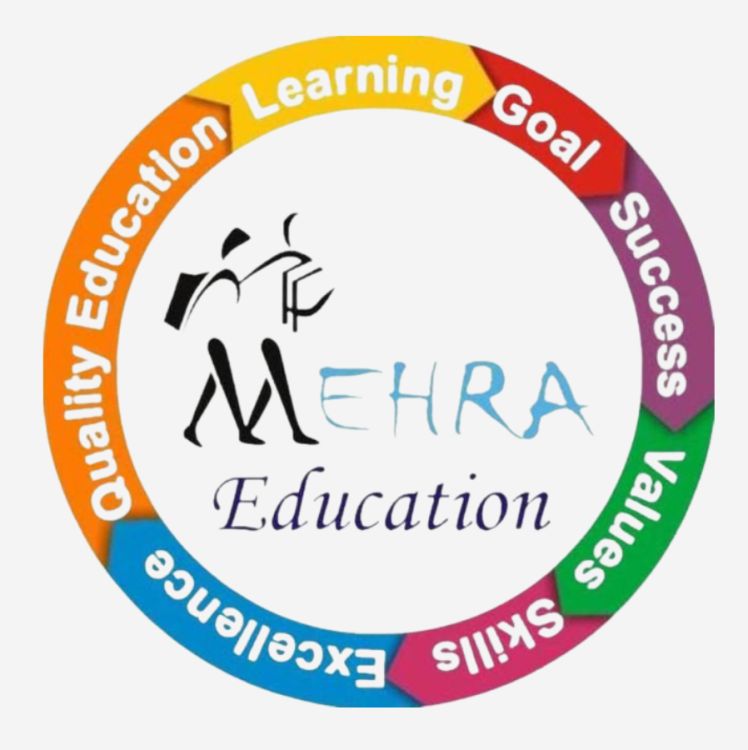Top 10 Habits of Successful Lifelong Learners
In a fast-evolving world, the ability to learn and adapt continuously is crucial. Lifelong learners possess habits that keep them curious, motivated, and open to growth. Here are the top 10 habits that define successful lifelong learners:
1. Curiosity Drives Them
Lifelong learners are innately curious. They ask questions, seek answers, and explore new concepts. Their curiosity leads them to delve deeper into subjects and expand their horizons.
2. They Embrace Change
Change is inevitable, and successful lifelong learners see it as an opportunity to grow. They adapt to new technologies, environments, and ideas, turning challenges into learning moments.
3. They Set Clear Goals
Whether it’s mastering a new skill or understanding a complex topic, lifelong learners set specific, measurable goals. These goals guide their learning journey and keep them focused.
4. They Prioritize Learning Daily
Learning isn’t an occasional activity for them; it’s a daily habit. Whether through reading, practicing, or reflecting, they make learning a consistent part of their routine.
5. They Seek Feedback
Constructive feedback is a powerful tool for growth. Lifelong learners actively seek input from peers, mentors, and experts to refine their knowledge and skills.
6. They Stay Resilient
Failure is a stepping stone for lifelong learners. They don’t let setbacks discourage them but instead use them as lessons to improve and persevere.
7. They Leverage Technology
From online courses to educational apps, lifelong learners utilize technology to access resources and stay updated. They’re adept at using digital tools to enhance their learning experience.
8. They Connect with Others
Successful lifelong learners understand the value of collaboration. They engage in discussions, join communities, and share knowledge to gain fresh perspectives.
9. They Reflect Regularly
Reflection helps them consolidate what they’ve learned. They take time to review their progress, identify areas for improvement, and celebrate their achievements.
10. They Maintain a Growth Mindset
Lifelong learners believe in their ability to grow and improve. They view intelligence and skills as malleable, which motivates them to keep learning despite difficulties.
Conclusion
Adopting these habits can transform anyone into a successful lifelong learner. In a world where knowledge is power, staying curious, resilient, and open to learning is the key to personal and professional success. Start incorporating these habits into your daily life and unlock your potential to grow continuously!
Read More











